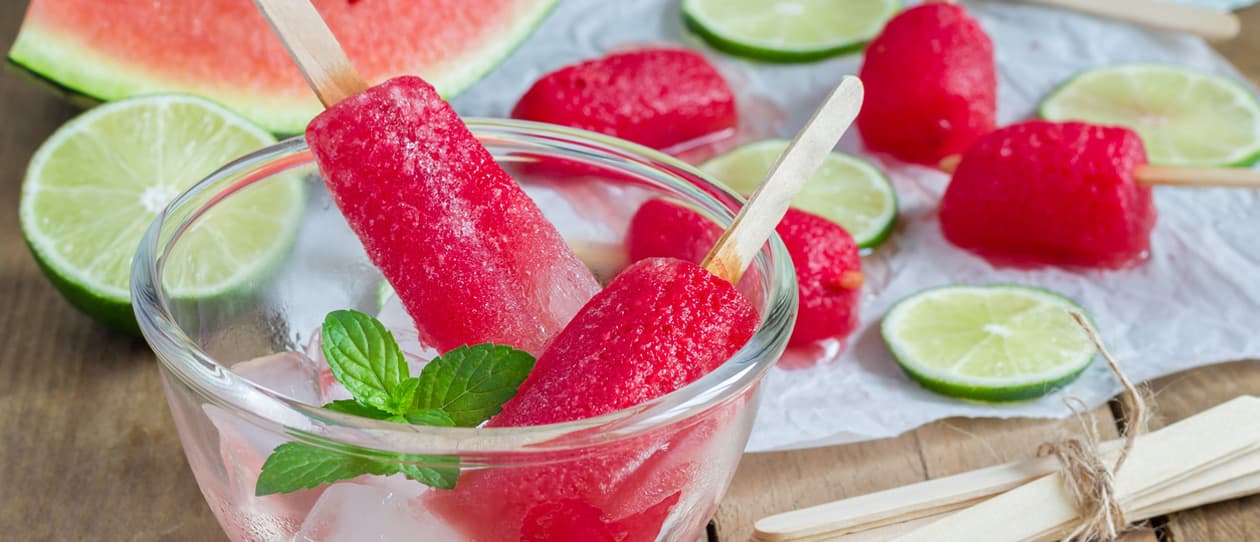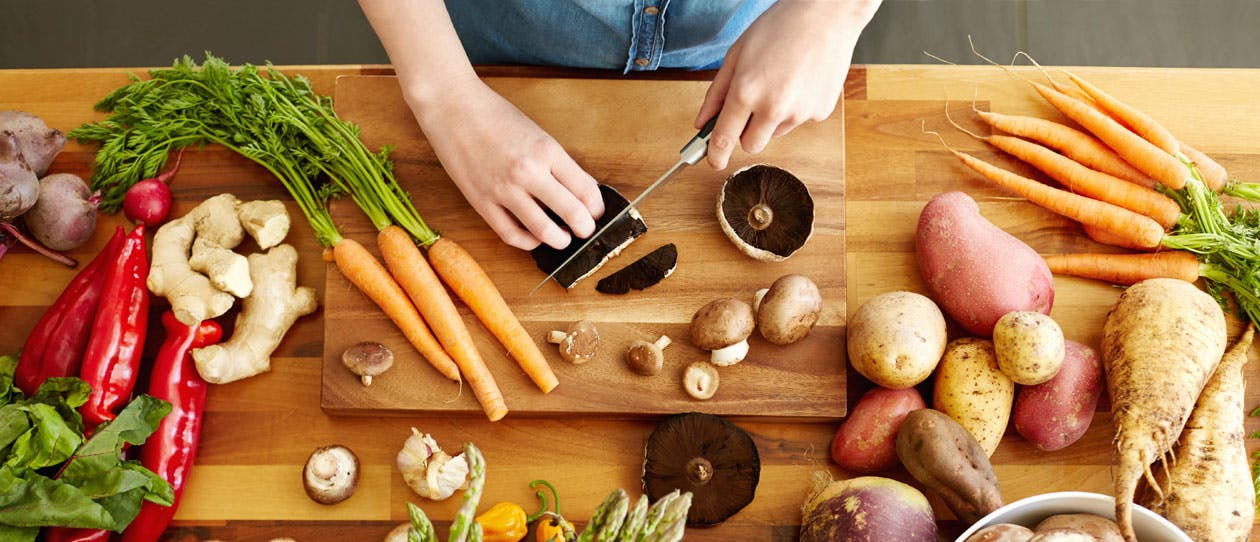
- Health hub/
- Tips & Advice on Improving your Everyday Health/
- Healthy Low-Processed Food Options


When you make a decision to eat for better health, it usually means you will start to eat a whole new range of foods. And sometimes, that drastic change means your new food regime might be difficult to stick to at first, or you may feel that what you are now eating is bland or unexciting.
While a plant-based, organic diet may be the ideal for those wanting to adopt healthier eating habits, there is room to manoeuvre, by adding in minimally processed foods, which may help to bridge the gap between naughty and nutritionally good.
“Low- or minimally processed foods have had very little done them to alter their natural state and or have very little added to them for purposes of flavour enhancement, fortification or replacing nutrients lost during manufacturing,” explains accredited practising dietitian Lauren McGuckin.
“Some processing is good for certain food stuffs: for instance, the rolling of oats makes them palatable and digestible. In some cases, cooking the food, such as tomatoes, makes the nutrients within the original source more accessible to our bodies. Processing methods can also make foods safe for human consumption, for example the pasteurisation of milk.”
At the other end of the healthy spectrum are highly processed foods. “These typically contain added sugars, salts and fats to make them taste better,” says McGuckin.
“They generally don’t fit within the context of a healthy, everyday diet because of the low or poor nutrition profile and because they bear little resemblance to whole foods. The ingredients used within these foods are often stripped of their good nutritional qualities during processing, or the processing method inadvertently removes them.”
Highly processed foods include cakes, biscuits, soft drinks and take away foods.
“In Australia, we eat a diet too high in processed foods which contain added fats, sugars and salt,” says McGuckin.
According to Nutrition Australia, this high intake of sugar and salt is linked to increased health problems, including heart disease and type 2 diabetes.
Cooking your own meals at home, and choosing whole foods or minimally processed foods will also help to limit how much salt and added sugar you consume.
McGuckin suggests you base your healthy eating plan around the following for optimum results: vegetables; fruit; meat, fish, chicken, nuts, seeds, tofu, beans and legumes; dairy; and wholegrain carbohydrates.
Related content
Could this be why you’re addicted to doughnuts?
Here are 6 minimally processed foods you can include on a day-to-day basis.
Dairy
Choose plain, natural yoghurt instead of the flavoured versions. Other dairy swaps include substituting ice-cream for frozen natural yoghurt. Top with fresh fruit for an extra-healthy boost.Bread
Choose wholemeal or wholegrain bread instead of white, as it contains less salt and is less processed. And try swapping crisps with air-popped popcorn.Fruit
Choose fruit in natural juice instead of syrup. Add a dollop of natural yoghurt to beef up the health factor.Fish
Canned fish is low in calories, but high in goodness: it contains protein, healthy omega-3 fats and vitamins and minerals which help boost your skin health and bones.Choose canned fish in spring water or brine instead of oil. Try tuna, salmon, or sardines and add them to your salad.





